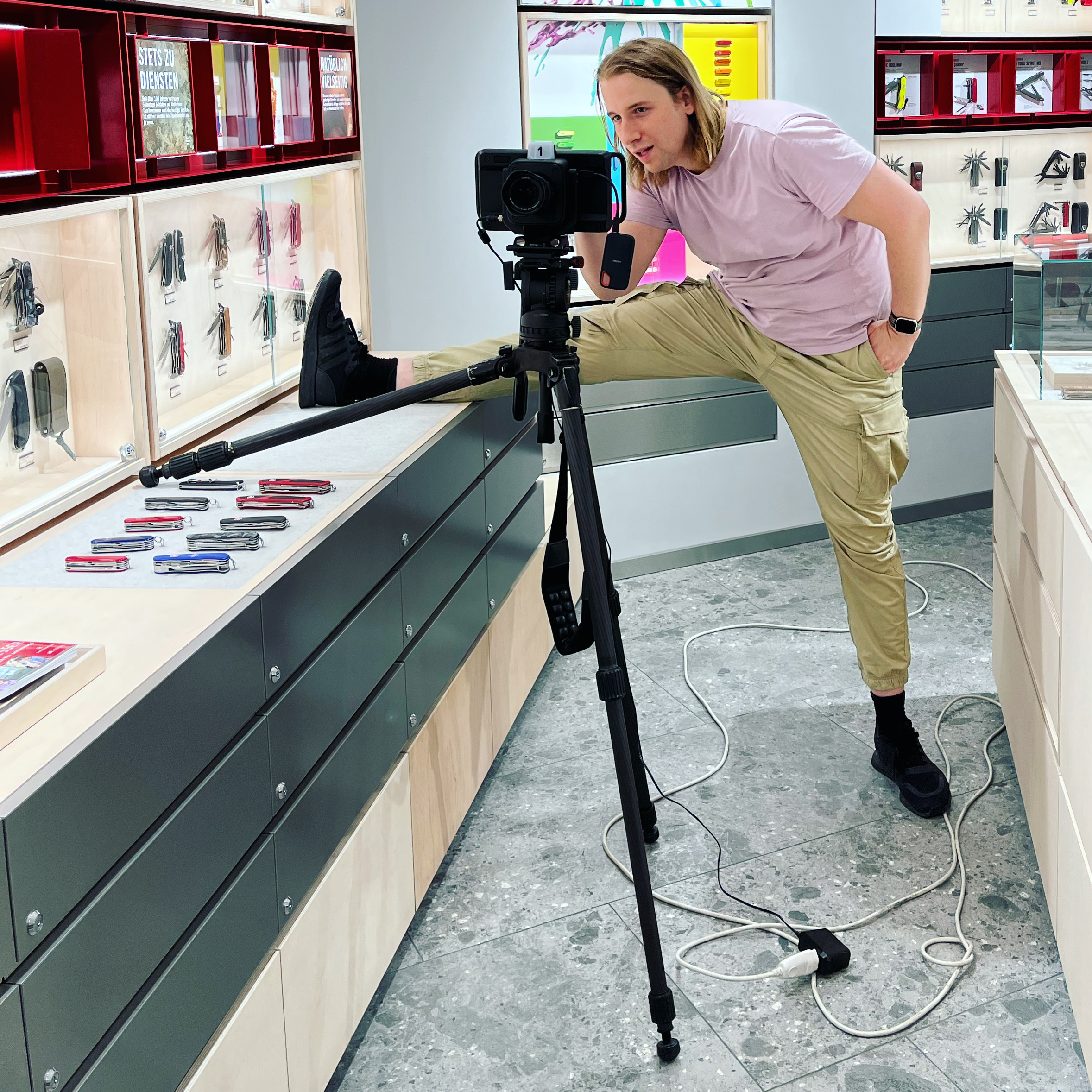The secrets behind nice interviews

Over the years I’ve built up different skills in filmmaking, but I believe on of my strongest skill is being a nice interviewer. Here are some of the things I try that make a difference:
01. Include subjects in the creative decision making:
Include subjects in the creative decision making: It can be humiliating sometimes, to be positioned, moved, pushed around, eyed sceptically, discussed in murmured tones; Especially if people are unexperienced in front of the camera it can feel unnerving and objectifying.
BETTER: I found it helpful to talk aloud while doing adjustments and let the subject know why I’m doing something. When I’m doing blocking (Where is the subject standing in relation to the camera?) I like to ask my subject if they have a spot in the location that they are drawn to, feel comfortable in or that they find pretty.
The subject doesn’t have to fully understand what’s going on, as long as they feel included and respected.
02. Isolate and protect your subject from your other frustrations
Humans are observant creatures, with anxious humans being extra observant. If you’re nervous about some other aspect of the production (i.e. You’re loosing time to shoot in sunlight), your subjects will pick up on that nervous energy. Worst case they will feel responsible for it.
I’ve even seen some camera people snap and unload on their interview subjects for an unrelated technical problem and the quality of the interview plummeted instantly.
03. Affirm, don’t bullshit
People, for the most parts, are not dumb. They have good taste and an instinct for quality. They have seen great presentations and performances in TV, cinema and advertisement. It’s a really intimidating standard. My job is to affirm that my subjects are doing a good job without patronising them.
For that I like to capture a performance/interview with very light input to get a baseline. From that baseline I can give positive and negative feedback that is authentic and appropriate.
EXAMPLE: The baseline is that a person uses a lot of hand gestures during their interview. Instead of asking for less hand gestures (hard to do, makes self-concious), I would find and moments in the storytelling that fit with specific gesture (Downwards motion or closing of hands towards the end of a point, lists of 3, etc.) and practice those intentional moments with the subject. IT IS ALWAYS HARDER TO WORK AWAY FROM SOMETHING THEN IT IS WORKING TOWARDS SOMETHING!
04. Being silly is serious business
Art is alive when humans express themselves. That takes some courage. There are differences across cultures how open people are to express themselves as well.
In my experience Swiss people tend to land on the shy and private side of the spectrum, with Americans yapping and self promoting on the other side.
The exact reasons are best researched by Anthropologist, but I suspect one component being shame. Shame is to my knowledge socially constructed and based on the fear of judgment by other people. It can block and shut down creative expression, the most visible example being stage fright.
I did find a way to create a safe space where people feel less judged: Being (a bit) silly. By not taking myself too seriously, wearing loud outfits, nail polish and using unsophisticated slang in my language I set a reference of socially acceptable behaviour. This can give subjects a permission structure to go bigger with their expressions
05. Hide the Stakes
The best performances come when the interview subject forgets the camera and is fully relaxed. In my experience this happens surprisingly early in the interview. I suspect there is a mindset of experimentation and trying out, before the “real” shots are taken.
The subjects don’t feel the stakes, the importance of getting that the performance right. Towards the end of the interview, exhaustion can set in and also the pressure of having a finite number of attempts. I’ve seen people melt down and unable to perform from that self-imposed pressure in the last third of a shooting day.
A reaction I like to hear is a surprised “Oh we’re done already?” or a “I didn’t realise we we’re already recording for real on this one”.
